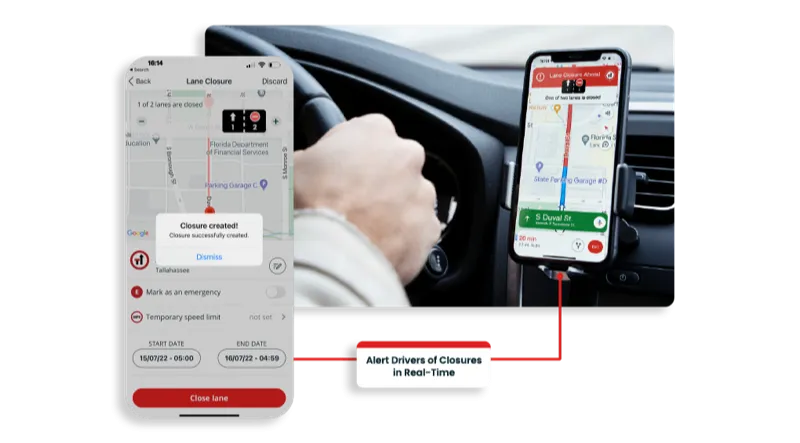The Central Office of the Florida Department of Transportation has selected infrastructure firm HNTB Corporation for a three-year automated vehicle support contract.
HNTB will support FDOT by working directly with auto manufacturers, related original equipment manufacturers and suppliers on pilot projects, working with universities on automated vehicle research projects, and developing policy to move forward with application testing.
“Florida is one of a handful of states leading the way toward a futu
January 16, 2015
Read time: 2 mins
The Central Office of the 4503 Florida Department of Transportation has selected infrastructure firm 6278 HNTB Corporation for a three-year automated vehicle support contract.
HNTB will support FDOT by working directly with auto manufacturers, related original equipment manufacturers and suppliers on pilot projects, working with universities on automated vehicle research projects, and developing policy to move forward with application testing.
“Florida is one of a handful of states leading the way toward a future where cars talk with one another, the roadway and eventually drive themselves,” said Mike Inabinet, HNTB Southeast Division president. “Connected and automated vehicles will inform drivers and transportation users, making travel safer and more efficient.”
“Big changes on are the horizon for the driving public and those of us in the transportation industry,” said Jim Barbaresso, HNTB national practice leader for intelligent transportation systems. “With automated and connected vehicles being integrated into the marketplace over the next decade, it is foreseeable that available roadway capacity can be greatly increased without adding another inch of pavement.”
“And, because automated and connected vehicles have faster reaction times and are not prone to distracted or impaired driving, there could be a tremendous decrease in vehicle crashes, injuries and fatalities as well,” he added. “Florida is setting the bar for other states across the nation.”
HNTB will support FDOT by working directly with auto manufacturers, related original equipment manufacturers and suppliers on pilot projects, working with universities on automated vehicle research projects, and developing policy to move forward with application testing.
“Florida is one of a handful of states leading the way toward a future where cars talk with one another, the roadway and eventually drive themselves,” said Mike Inabinet, HNTB Southeast Division president. “Connected and automated vehicles will inform drivers and transportation users, making travel safer and more efficient.”
“Big changes on are the horizon for the driving public and those of us in the transportation industry,” said Jim Barbaresso, HNTB national practice leader for intelligent transportation systems. “With automated and connected vehicles being integrated into the marketplace over the next decade, it is foreseeable that available roadway capacity can be greatly increased without adding another inch of pavement.”
“And, because automated and connected vehicles have faster reaction times and are not prone to distracted or impaired driving, there could be a tremendous decrease in vehicle crashes, injuries and fatalities as well,” he added. “Florida is setting the bar for other states across the nation.”









